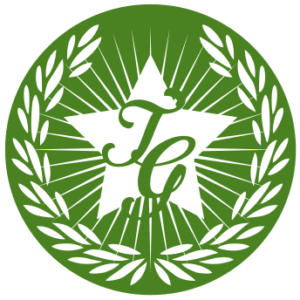On safety and security as surveillance
Safety and security have become trigger words for me. They are gateways to instant mistrust and suspicion because they have come to symbolise a loss of my personal power and privacy. The state, and authority more generally, has no interest in keeping me, and other ordinary people, safe. They are simply interested in controlling us.
For instance, nowadays banks very often use those words – safety and security – to freeze online payments people make. They claim they do it to protect you from fraud and keep you safe, but in reality, all they are doing is forcing you to give them more information about why you are transferring money to a person or organisation: they know the who, but with these ‘safety checks’, they are also collecting the why and the what of your relationship to the recipient.
Similarly, this online safety bill should be more honestly entitled the loss of online privacy bill. Under the auspices of protecting children against sexual exploitation – the worthiest of all goals – we lose all possibility of privacy when using our phones and the internet. This is not an acceptable trade off to me. I repeat, (sexualised) violence against children is the worst of all crimes, but I am not naive enough to think that the kinds of people who have harboured some of the worst sexual predators in their midst really give a fuck about children. Plus, if this is about detecting child abuse images, then isn’t it a tad too late? We need to have stopped the images being made in the first place, as that’s when the real damage to the child is being done. Fundamentally, this ‘online safety bill’ is a trojan horse for surveillance playing on people’s best instincts.
Speaking as an Apple whore, if they really do remove iMessage and FaceTime from the UK, and if it becomes impossible to use Signal, then it will force some of to reassess how we use tech. I have a natural tendency towards privacy: I moved to London when I was seventeen, because I hated the prying eyes of the small town I grew up in. What is the technological equivalence of that? I don’t think VPNs quite cut it.
When the internet first came to our homes in the mid-1990s, it seemed like such a place of freedom. A place where you could be yourself, say your truth, make a mark in precisely the shape of you. It was a place of interesting websites and people speaking truthfully and freely, even as we created personas and tried out different versions of ourselves. Social media mainly killed that version of the internet through a rigid conformity of medium, and the ability to control what is said, by whom, and in what way.
It seems to me that nowadays, the most free and liberating place is real life. The literal public squares are empty, and, in the UK at least, are equally surveilled. The question remains: how can we withdraw without surrendering? How can we close down without shutting up? Smarter people than me are asking these questions, no doubt. Perhaps the time has come again for Walden. ?
